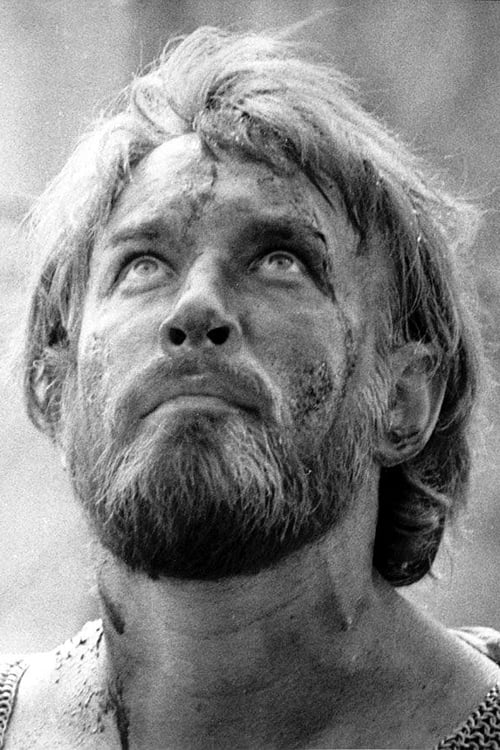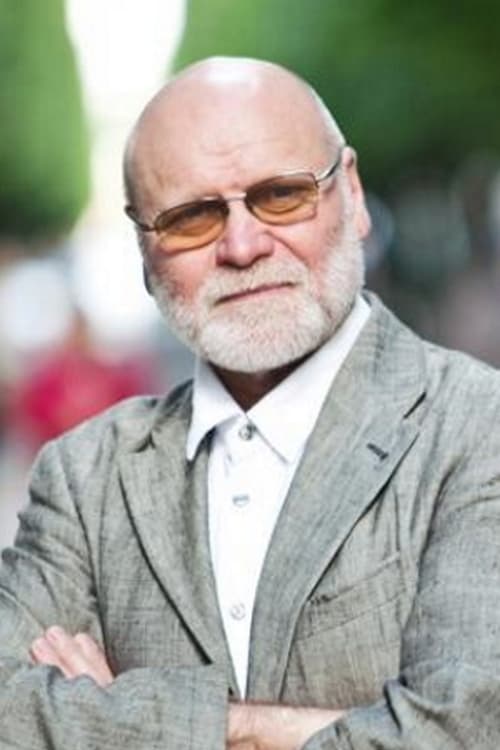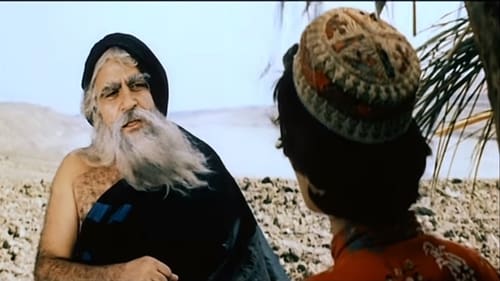Walnut Bread (1977)
Genre : Romance
Runtime : 1H 8M
Director : Arūnas Žebriūnas
Synopsis
Lithuania, 1977. Memories of childhood, adolescence, and first love in a small provincial town, shown through complexity of human relations at this periodical film.
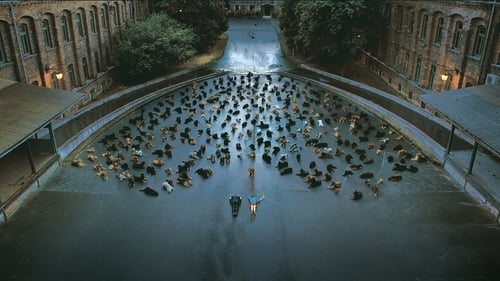
Failing in his desperate efforts to find his beloved owner, an abandoned dog eventually joins a canine revolt leading a revolution against their human abusers.
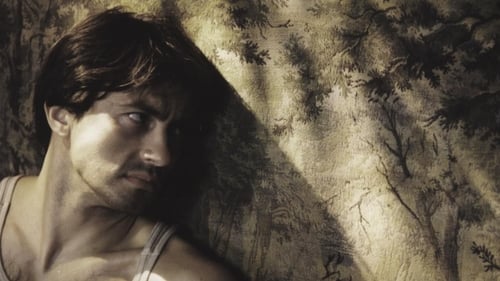
In this dreamlike film, a nameless father and his son, Aleksei, live together in an apartment in St. Petersburg. Aleksei's mother has died and consequently the two have a very close relationship. When Aleksei acquires a girlfriend, she refuses to take a back seat to his bond with his dad, and breaks up with him. Aleksei is also experiencing nightmares, dreading separation from his father to be a part of the military as his father was.

Banned in the Soviet Union for its "negative" content and never released, Kalatozov was forced to retreat from filmmaking for seven years because of this film. The film sets out to illustrate the old adage, "For want of a nail, the battle was lost," showing how the inferior quality of something so trivial as a nail in a soldier's boot leads inexorably to the capture of an armored train. Kalatozov had intended to demonstrate the crucial and universal importance of efficiency in Soviet industry, but the government decided that his fable gave a negative impression of the Red Army's capabilities.

The way home for Aleksandr Rekhviashvili is not charted in the conventional sense. It takes the viewer along some peculiar roads and across a unique landscape: Georgian history and legend, politics and social stratification, religion and ethics. Allusive, stylized and allegorical from beginning to end, his long-banned The Way Home is in part a tribute to Rekhviashvili’s favorite director, Pasolini, especially to The Hawks and the Sparrows (1966). Together with the short film Nutsa (1971) and the widely acclaimed Georgian Chronicle of the 19th Century (1979; SFIFF 1983), The Way Home closes a triptych of films that represent Rekhviashvili’s poetic contemplation of Georgia’s past. It makes extensive use of poems by Bella Akhmadulina (the major female poet of the cultural ‘thaw’ of the ’50s and ’60s and a Georgian by descent), and of sets by Amir Kakabadze. Like other films in the trilogy, The Way Home is stunningly photographed in black-and-white.--Oxymoron

The war is over. Once a young sculptor, and now a soldier, he returned home. Married, there were children. In search of work, he was hired to make grave monuments. Time passed... At one time, visiting a cemetery with friends, he saw with different eyes all his work done over the years...

Lithuania, 1977. Memories of childhood, adolescence, and first love in a small provincial town, shown through complexity of human relations at this periodical film.

Directed by Zaza Khalvashi.

A poetized chronicle of the events taking place in one of the Georgian villages in the late 19th century, when, to save a forest, the innumerous intelligentsia could rally the people and oppose the industrialists…
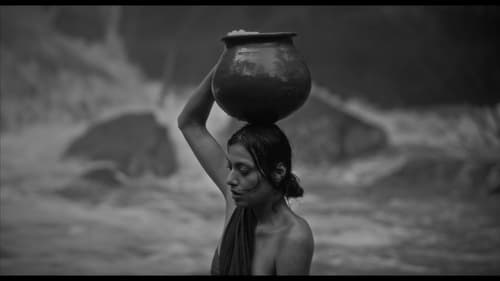
Two monks on a mission choose very different paths

A full-blooded, interesting life has long eluded the house where a mother, father, son and daughter live. Trivial household matters, conversation at dinner about duty — that's all that connects them. The situation changes when it becomes known that the family inherited the village house, and that it will probably be necessary to enter into a struggle with the joint heirs. From the bottom of chests, old albums and documents confirming the priority of the family are extracted, and intrigues begin ...

The short film (conveyed in a parable-like story structure) follows a man devoted to himself and the blessings of his attributed god. He struggles to survive a primitive life and is forced to take action to ensure his own prosperity.

When Mitchie gets a chance to attend Camp Rock, her life takes an unpredictable twist, and she learns just how important it is to be true to yourself.
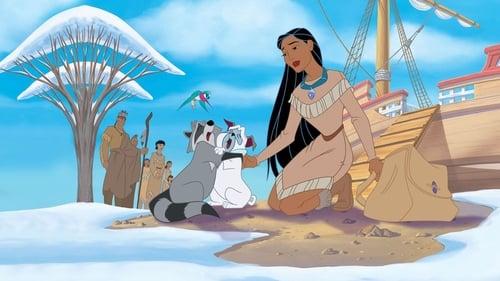
When news of John Smith's death reaches America, Pocahontas is devastated. She sets off to London with John Rolfe, to meet with the King of England on a diplomatic mission: to create peace and respect between the two great lands. However, Governor Ratcliffe is still around; he wants to return to Jamestown and take over. He will stop at nothing to discredit the young princess.

Four university students head to Florida for spring break and enroll in a contest to see who can get the most sexual partners.

An endearing modern-day story about how the lovable Goof bonds with his teenage son Max on a hilarious cross-country road trip. En route to the ol' fishing hole, they find themselves up to their floppy ears in misadventure!
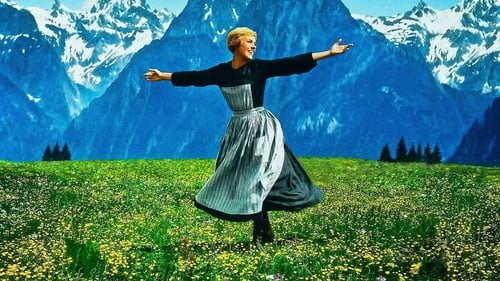
In the years before the Second World War, a tomboyish postulant at an Austrian abbey is hired as a governess in the home of a widowed naval captain with seven children, and brings a new love of life and music into the home.
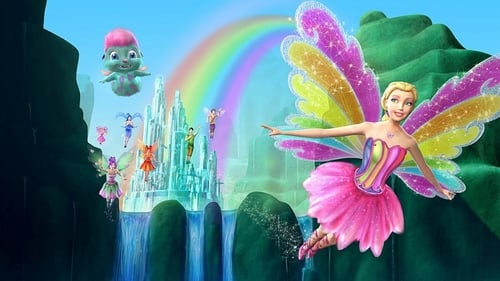
Elina goes to a fairy school to learn dancing and fairy magic. The spring of the fairy land is soon threatened by evil Laverna who intends to prevent fairies from performing the annual vital rainbow dance. Elina must stop quarreling with her fellow students and unite them to save the first bud of the spring.
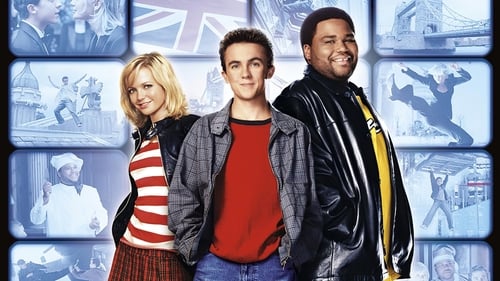
With all-new gadgets, high-flying action, exciting chases and a wisecracking new handler, Derek (Anthony Anderson), Cody has to retrieve the device before the world's leaders fall under the evil control of a diabolical villain.
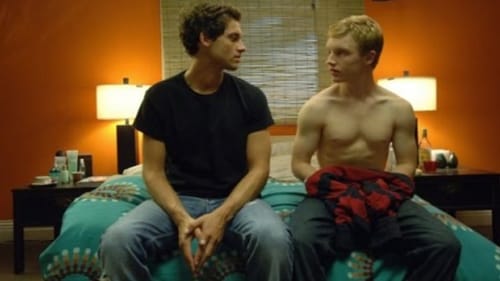
Sex is a background to examine intimacy and vulnerability. Looks at the complexity of modern day relationships told through eight separate couples. Through dialogue and compromising situations, the film takes us from the beginning of a relationship to the aftermath of one, and examines every stage in between seeing humor within the drama, heartache and confusion of it all.




